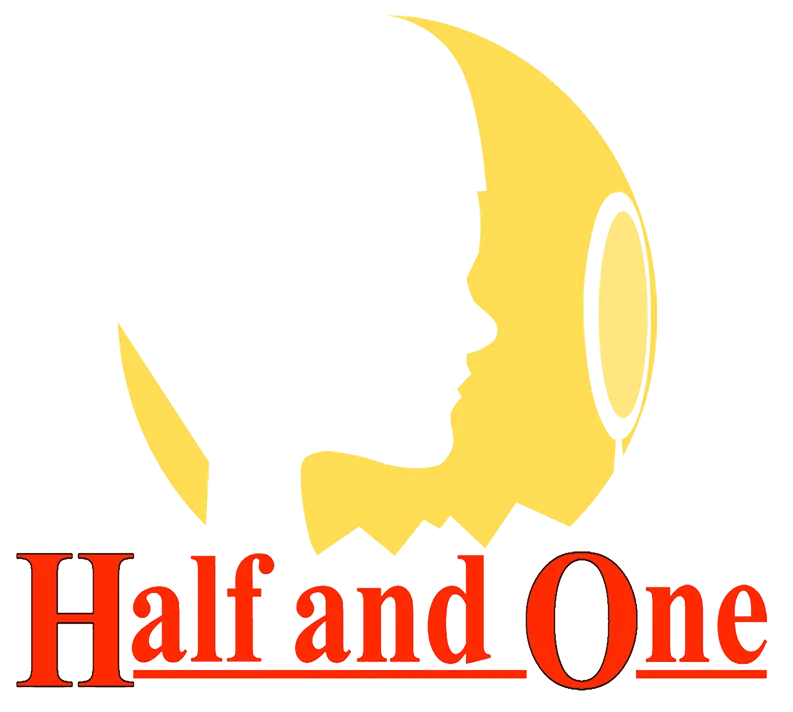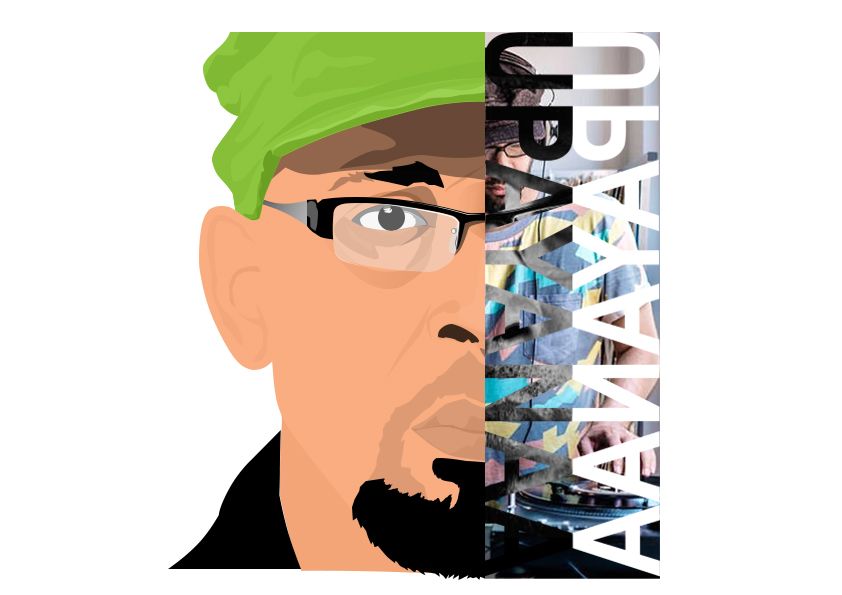Adil Hasan: I first watched you perform in 2012 at CounterCulture Bangalore, an eclectic venue in an industrial setting. It was liberating to see you spin sounds out of a controller and a laptop. There was eastern music and spoken tracks combined with spaced-out electronica, jazz and rock. What does it mean to be an electronic musician? Prashanth Pallemoni: Thank you, Adil. That was my first performance of a kind, an attempt to break out of the usual norm as …
Living On The Edge As An Electronic Musician: An Interview with Prashanth PallemoniRead More »
Interested in non-clickbait content? Become a member today.
You'll get access to:
- All content
- Comic Books
- Personalized cartoons
- Member credits in our videos and much more!
Become a member
Already a member? Log In


